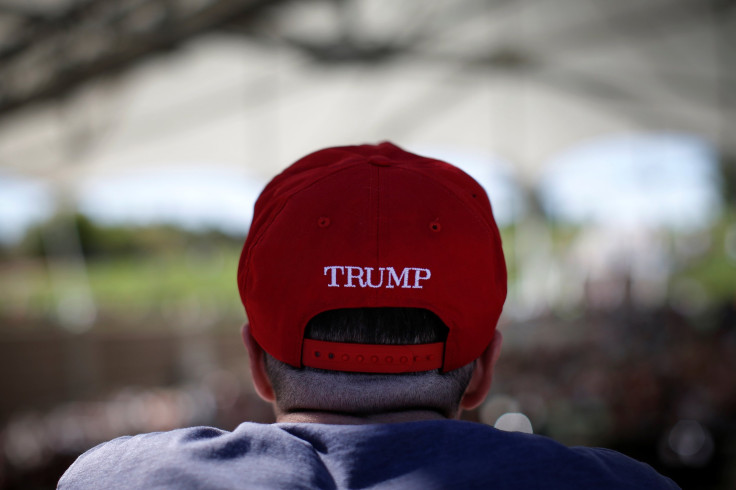Will Trump Be President? GOP Electors Close To Blocking President-Elect Donald Trump’s Election, Harvard Professor Says

President-elect Donald Trump may have to cross a major hurdle on his way to the White House as 20 Republican Electoral College voters are looking at voting against him, according to Harvard University law professor Larry Lessig. This number is more than half of what anti-Trump activists need to stall his election.
“Obviously, whether an elector ultimately votes his or her conscience will depend in part upon whether there are enough doing the same. We now believe there are more than half the number needed to change the result seriously considering making that vote,” Lessig told Politico.
Lessig runs an anti-Trump group called “Electors Trust,” which offers pro bono legal counsel to “faithless electors” or those Republican presidential electors who are considering a vote against Trump. The group allows the electors to communicate their intentions privately, without the fear of persecution.
Sources from the Republican National Committee, however, maintain that Republican electors will remain loyal to the president-elect with the exception of one elector — Chris Suprun of Texas — who has publicly declared his intention to cast a vote against the construction mogul.
During the Nov. 8 election, Trump earned much more than the bare minimum of 270 that he needed to be president. When the 538 members of the Electoral College — made up of 306 Republicans and 232 Democrats — cast their ballots on Dec. 19, if there are enough votes against Trump’s presidency, the decision will pass on to the Republican-led House.
Lessig did not provide any evidence to back his claim. In the past, the largest number of electors to reject a presidential nominee was in 1808 when six Democratic-Republican electors rejected James Madison’s election. However, no presidential election since 1832 — when two Maryland electors abstained from voting — has seen more than one “faithless elector.”
© Copyright IBTimes 2024. All rights reserved.












